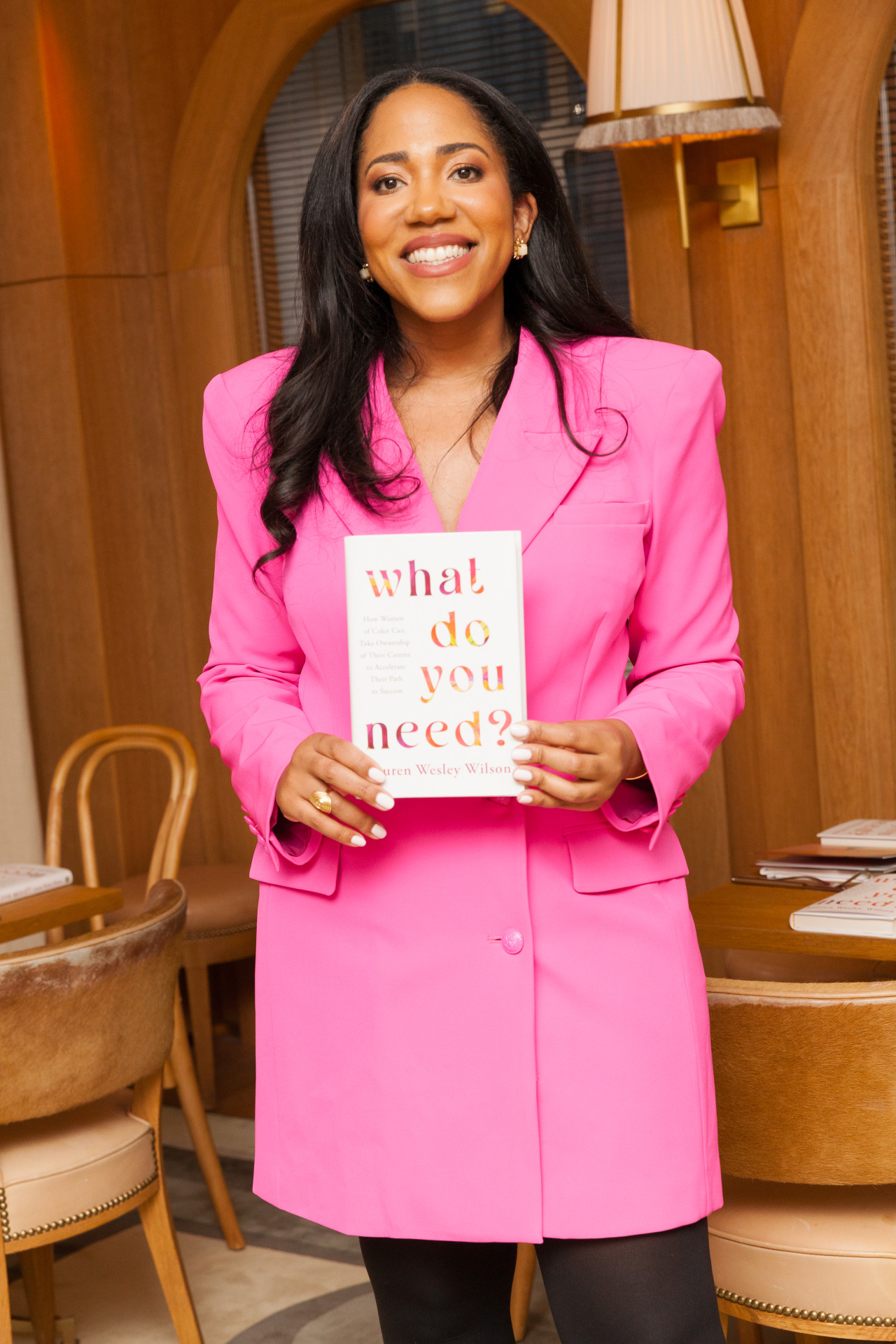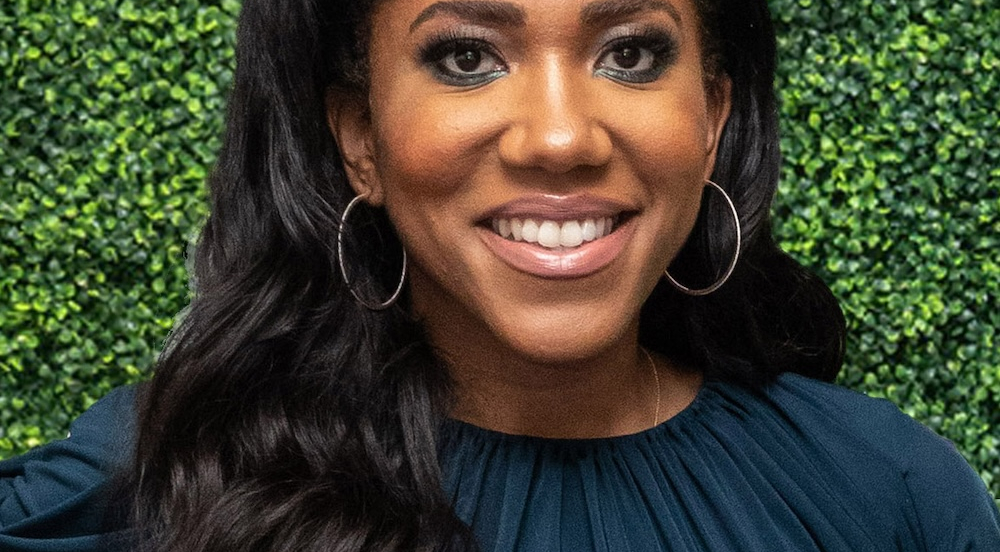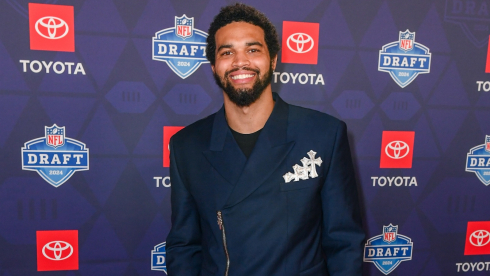Greetings! I’m Lauren Wesley Wilson, CEO of ColorComm, and I'm excited to welcome you to the What Do You Need weekly column. Every Tuesday during the month of April, I will feature my favorite parts of my debut book, What Do You Need? This week’s topic is an excerpt from Chapter 7: You Need to Manage Personal Relationships In Your Professional World.
Enjoy!
Personal Friends, Professional Success
Climbing the professional ladder can feel lonely. Relationships you make in your professional life are not generally rooted in authenticity, they are based on an exchange of information and opportunity, and they prosper only as long as those exchanges continue. There’s nothing wrong with that—it’s the name of the game—but we all need real, true friendships as well. The people who knew you were the people who would be your shoulder to cry on and your cheerleader and would have your back when you want to vent about a colleague or a business deal gone wrong—they are crucial to maintaining your sanity in a professional world that is especially hard on women of color. We need the support of the people who see us and love us for exactly who we are, which is why it’s so important that we respect those relationships and don’t let our professional success muddle things up.

Soon after I started ColorComm, an article about me and my business was written. It was in Black Enterprise. I sent it to everyone I knew. More press followed: a spot on the local news and national press. Each time it was the biggest deal ever. And each time, I sent the clip around to all my friends—I was so excited, how could I not be? But then there was something in The Washington Post, and that was an even bigger deal! Every time I got a piece of news coverage I thought, This is it; this is the pinnacle. I will never get something like this again! And so, like clockwork, I forwarded the accolades to my friends and family. Each and every time.
I like to think that with time and maturity I realized I needed to pull it back. I probably had friends who hinted that, okay, this a lot. Here I was in my bubble thinking, I worked so hard! We’ve been hustling, and it’s finally paying off! To me, it seemed like each clip was something different: this article was highlighting a new initiative, that one was about an anniversary—but at the end of the day, to people who don’t work in my industry, it felt like a little much. They started wondering, how many times can we pat you on the back?
As you get more shine, there can be a feeling that it never ends for others: We thought this was your big moment? Oh wait, now this is your big moment? While your friends want to support your success, they may feel like they’ve done the cheerleading already. And if they’re not advancing at the same pace or in an industry where the work is not as celebrated and doesn’t involve as many public kudos, celebrating someone else can start to feel exhausting.
If you are the one getting the constant claps, choose the highlights and share those. Be mindful of how your constant self-promotion might come off to your friends. If you are getting coverage all the time, at some point, that is just what you do. It’s no longer a kudos or a clap, it’s just your job. So pay attention to the information you disseminate among your friends and understand that success comes with power—in this case, the power to make others feel insecure or frustrated about their own careers if they aren’t advancing at the same pace. Remember, not everyone needs every little detail; sometimes too much is just too much.
And if you’re the friend receiving all the notifications about X recognition or Y success? If your work moves at a different pace and it’s starting to wear you down, it’s okay to cheerlead from a distance. You want to be supportive of your friends, but you don’t have to read every article they send or comment on every social post or be super invested in their professional life. The hope is that your friendship is independent of your respective careers, so while I know you will root for your friend’s success, you don’t need to respond every time there is another alert. That said, if yours is the quieter career, absolutely share when something happens that you are proud of. This is your time!
I shared all those kudos when ColorComm first started because I was so eager to show my family and friends the result of our hard work. But I’ve been the person getting the constant e-mails from a friend alerting me to yet another one of her achievements. I have a friend who is a buzzed-about Black lawyer and she is often getting press mentions, social media shout-outs or spots on TV. And I’ve got to say, she’s exhausting. I am exhausted. She is always getting featured in some outlet or another, and I cannot keep up with the congratulations.
I’m sure she feels the same way I did—that she’s been hustling forever and she’s finally getting her due and she wants her friends to celebrate with her. And of course I’m happy for her. I want her to succeed. I want to celebrate my friends. I want to celebrate women of color even if they aren’t my friends!
But her constant notifications were a helpful reminder that what is just pride or excitement for one person can come off more like narcissism to the people on the other end. Not to mention, all the different recognitions start to blend together for people who aren’t in your professional world. All the different lawyer shout-outs sound the same to someone in PR or tech. So don’t get mad if your kudos from friends start to trickle off. I’ve seen people rise professionally and then get mad as the chorus of applause in their personal life got quieter. They chalked it up to jealousy rather than acknowledging that their personal friends were more interested in being a part of their personal lives than cheerleaders for their professional success.
Lauren Wesley Wilson is the Founder and CEO of ColorComm and the author of What Do You Need? How Women of Color Can Take Ownership Of Their Careers to Accelerate Their Path to Success.













